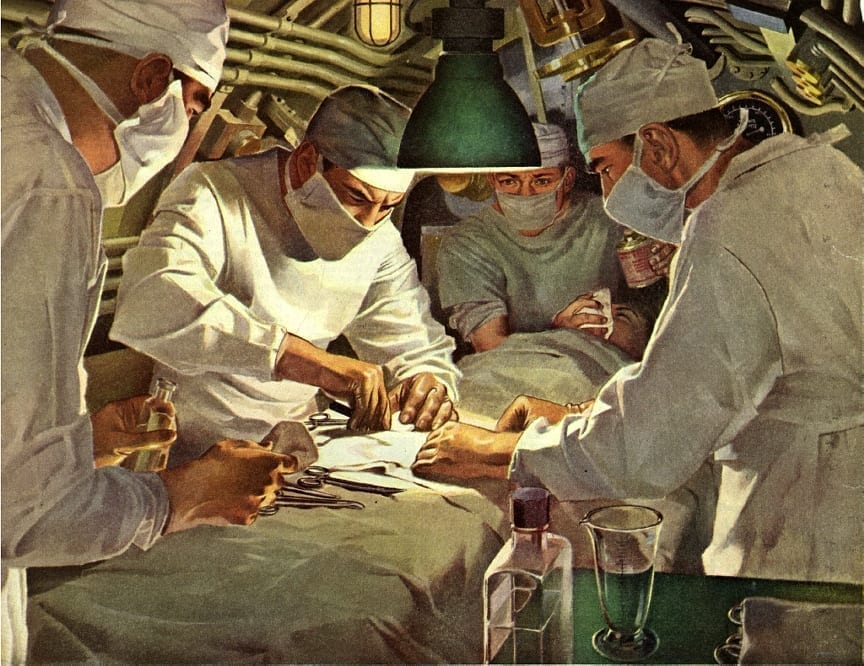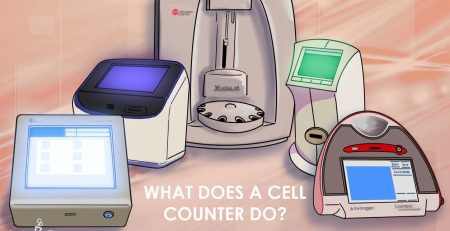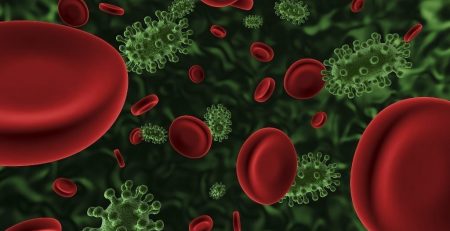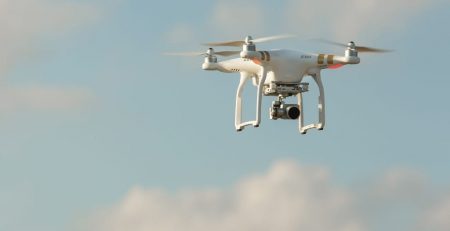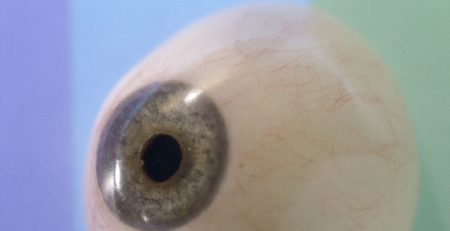Accidental Awareness
The horrible scenario of patients actually hearing and feeling surgeons operating on them with not being able to communicate that are aware of what’s going on is called “Accidental Awareness”. It can also cause PTSD. The largest study investigating this has stated that is rare and researchers have provided factors that can help prevent it entirely. 5th National Audit Project is where the study was focused on. In addition, one out of 1,000 patients wake-up during surgery, according to prior studies. This new study has discovered that the odds of waking up during surgery are about one in 19,600. There are over 21 million surgeries performed each year that require anesthesia. About 1,050 will experience an episode of consciousness during the procedure.
Most of these occurred while the patients were being put to sleep or when they were being put out of the anesthesia. Whether those who woke up during the actual surgery or not, some say they can remember feeling pain, hallucinations, and asphyxiations. Since anesthesia is supposed to cause temporary paralysis in order to relax the muscles, those who wake up during surgery won’t be able to inform doctors that they’re aware. Some factors are responsible for waking up during surgery. This would include gender (females are more likely to wake up), age (young adults), obesity, emergencies, C-sections, and those who are early in training. Mixed results about whether if brain monitors work or not are stirring. If spikes were present in brain activity, then that means the patient was waking up. Nerve stimulators could monitor the patient’s state of paralysis. This could allow less medication to require less medication allowing the patient to move.




